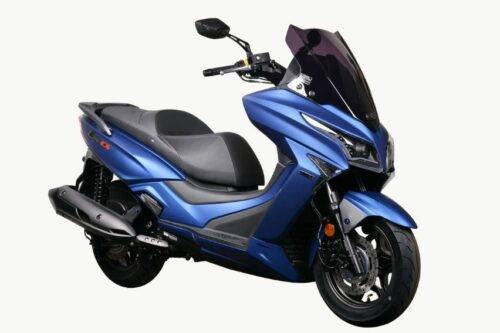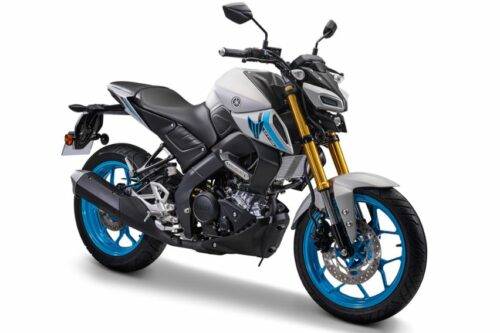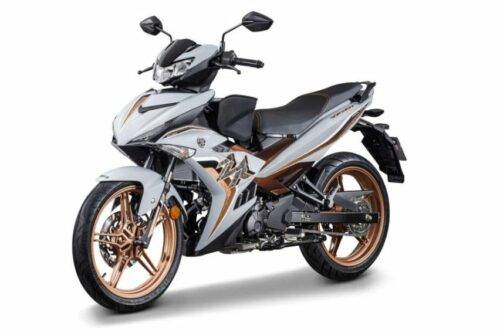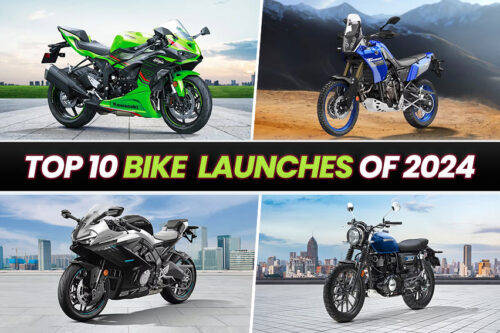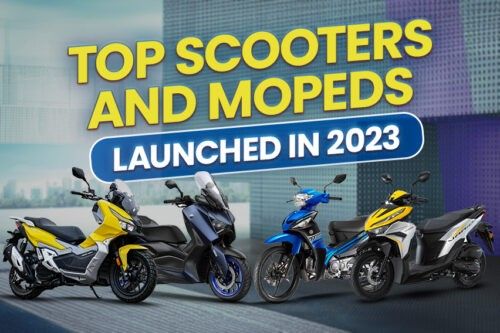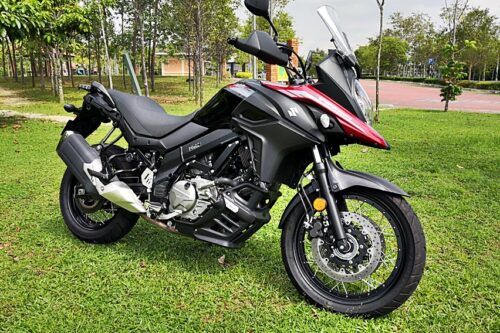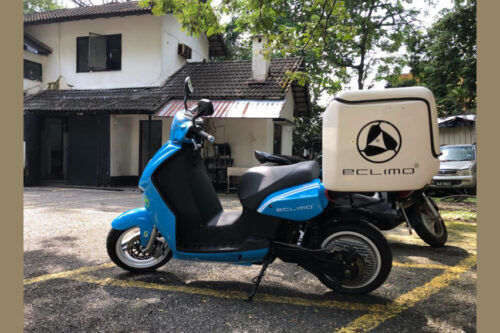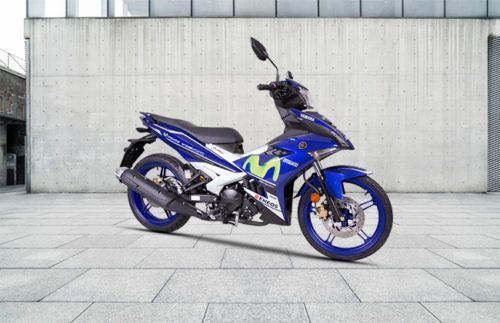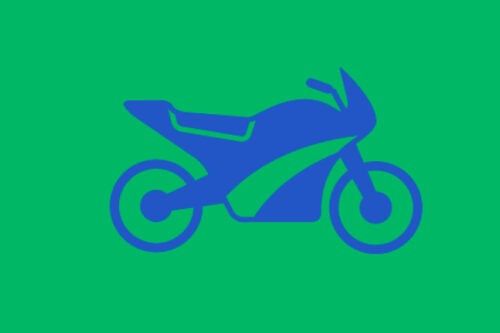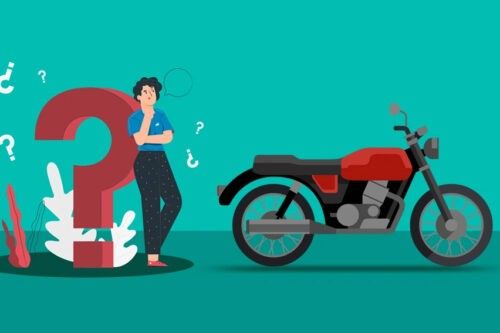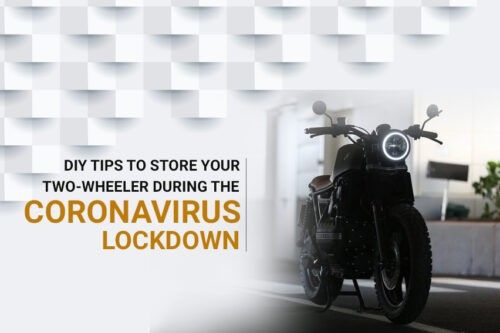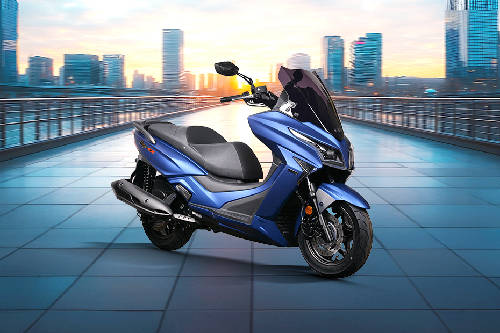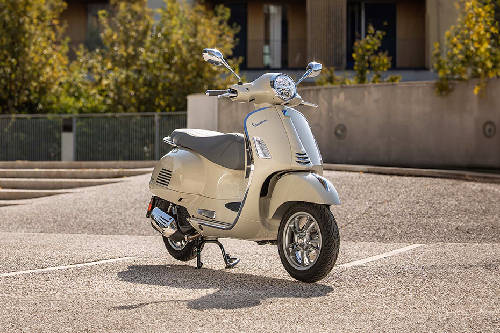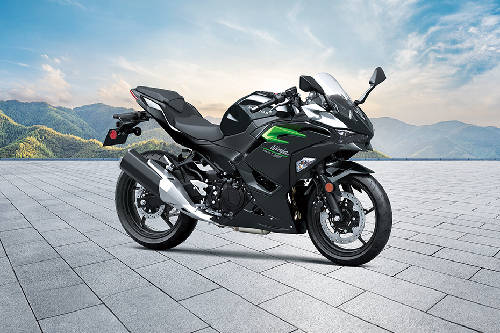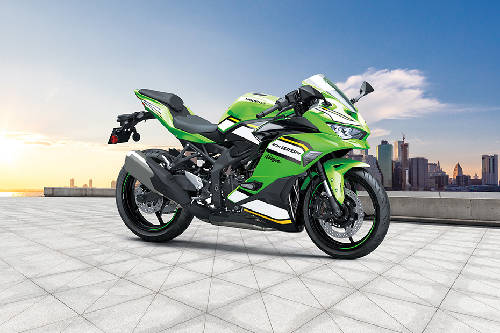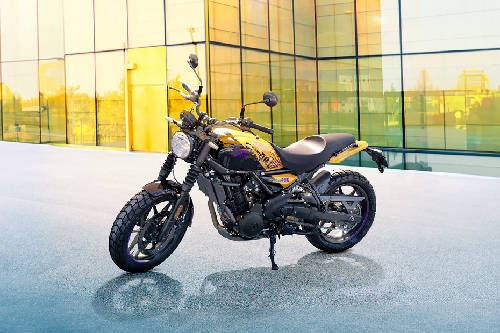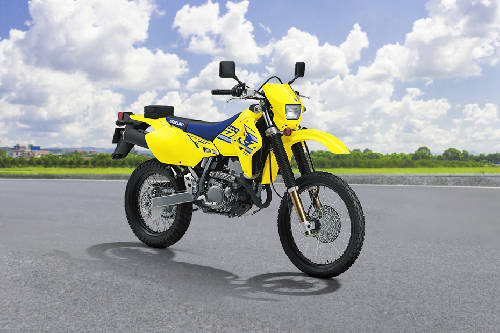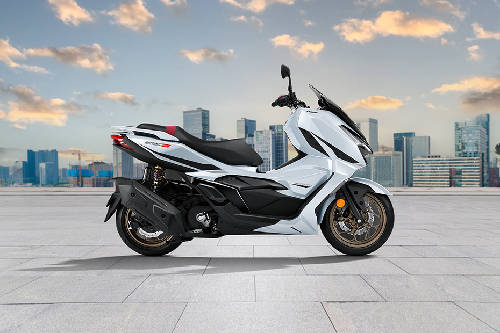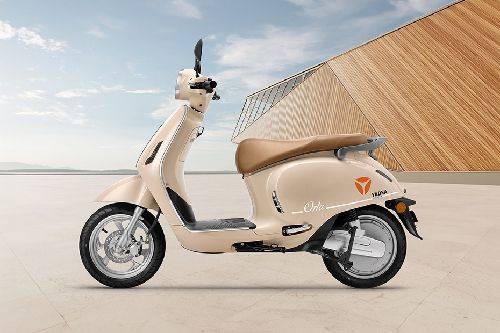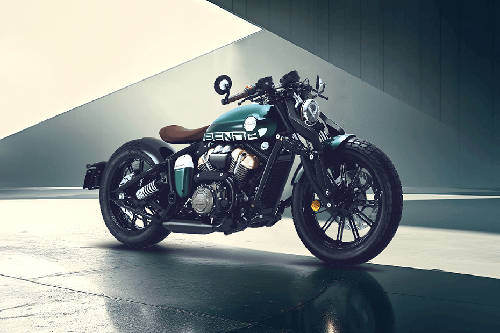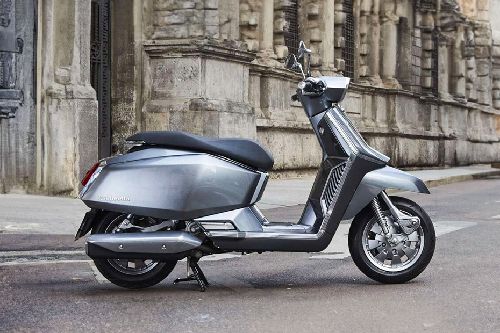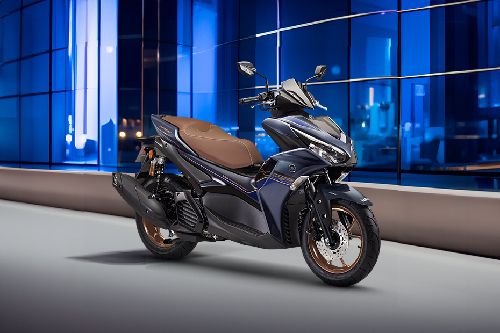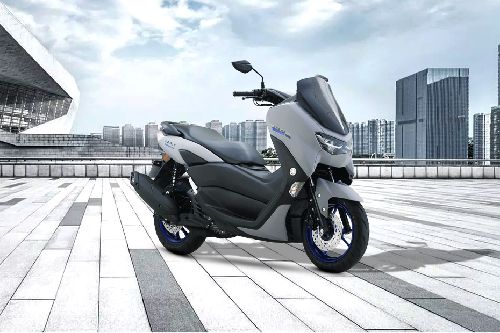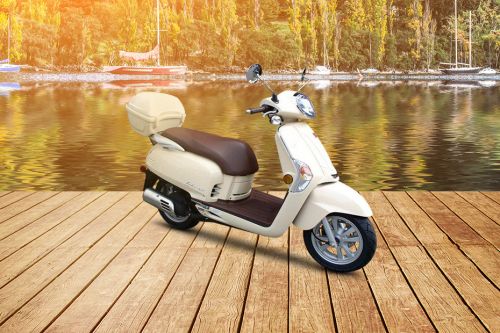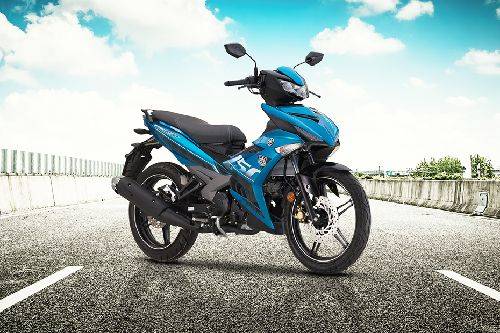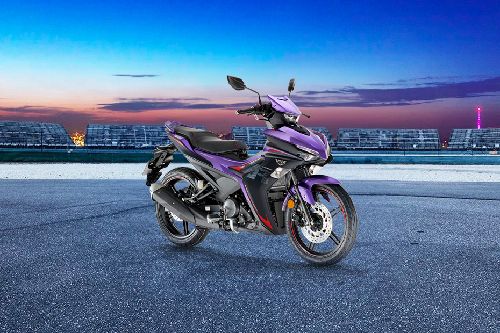Basic motorcycle maintenance tips a owner must know and follow
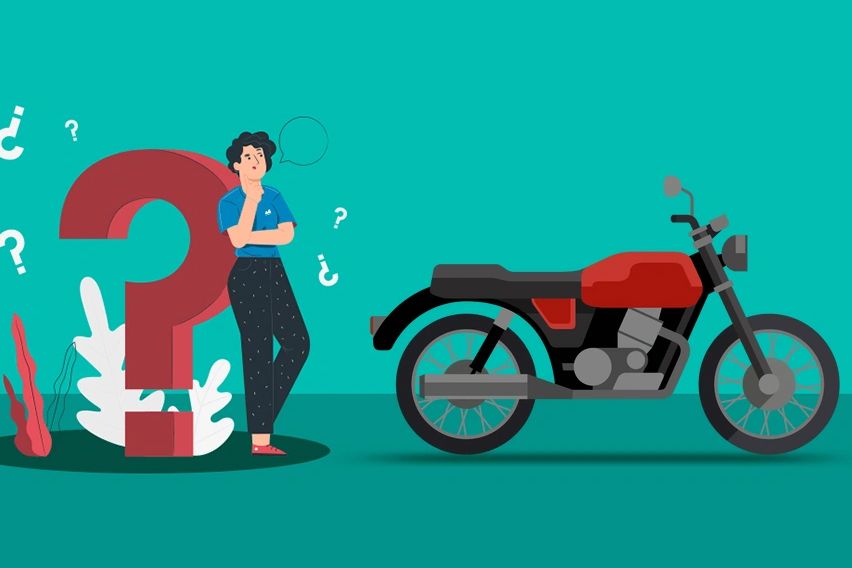
- KEY TAKEAWAYS
- Here are some essential motorcycle maintenance tips:
- Read the Owner's Manual
- Regular Inspections
- Check Fluids
- Check Tire Pressure
- Inspect the Tire for Damage
- Tread Depth
- Balance the Tires
- Wheel Alignment
- Avoid Overloading
- Proper Storage
- Choose the Right Tires
- Be Mindful of Road Conditions
- Cold Weather Considerations
- Warm-Up Period
- Professional Inspection
- Brake System
- Chain and Sprockets
- Battery Maintenance
- Air Filter
- Cooling System
- Lights and Electrical Components
- Suspension
- Exhaust System
- Keep it Clean
- Store Properly
Maintaining your motorcycle is crucial for both its safety and performance. Regular maintenance will not only extend the life of your bike but also ensure its smooth running.
KEY TAKEAWAYS
What regular maintenance should be done on a motorcycle?
Motorcycle maintenance checklist includes tire check, fluid check, battery maintenance, etc.What are some basic motorcycle storing tips?
Wash and thoroughly clean your motorcycle before storing it. Remove any dirt, grime, or insects. Applying a coat of wax can help protect the paint and finish.Here are some essential motorcycle maintenance tips:
Read the Owner's Manual
Familiarize yourself with your motorcycle's owner's manual. It contains valuable information about maintenance schedules, specifications, and recommended procedures.
Regular Inspections
Perform regular visual inspections of your motorcycle. Check for any leaks, loose bolts, or damaged components.
Check Fluids
Regularly check and change the oil according to the manufacturer's recommendations. Also, inspect brake fluid, coolant, and other fluids regularly, topping them up or changing them as needed.
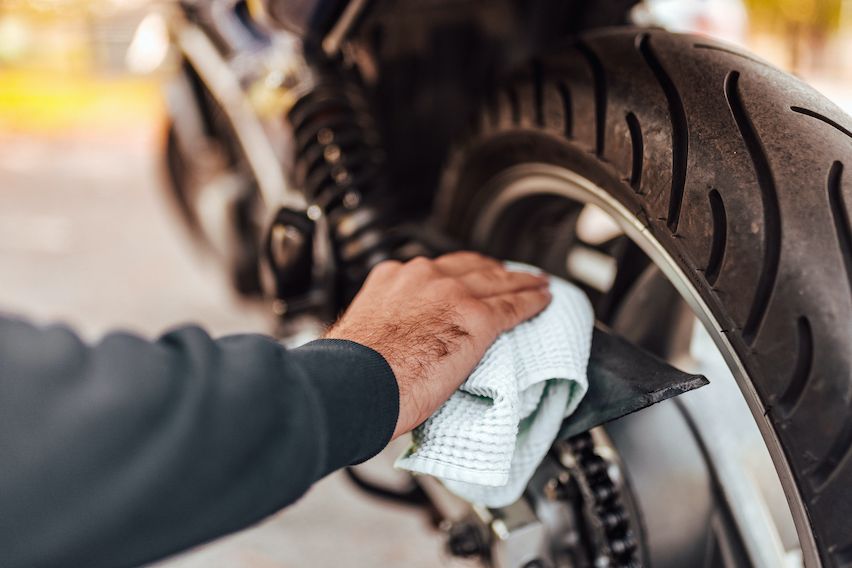
Check Tire Pressure
Regularly check and maintain the correct tire pressure as recommended in your motorcycle's owner's manual. Under-inflated or over-inflated tires can affect handling and safety.
Inspect the Tire for Damage
Periodically inspect your tires for cuts, bulges, punctures, or any other visible damage. If you notice any issues, address them promptly. Small problems can lead to more significant issues if ignored.
Tread Depth
Check the tire tread depth regularly using a tread depth gauge or the built-in wear indicators on the tire. Replace the tires if the tread depth is approaching the minimum legal limit or if the wear indicators are visible.
Balance the Tires
Ensure that your bike's tires are balanced. Unbalanced tires can cause vibrations, leading to discomfort while riding and potentially affecting handling.
Wheel Alignment
Check and maintain proper wheel alignment. Misaligned wheels can cause uneven tire wear and affect the bike's stability.
Avoid Overloading
Do not exceed the maximum load capacity specified for your motorcycle. Overloading can lead to accelerated tire wear and reduced handling performance.
Proper Storage
If storing your motorcycle for an extended period, lift it off the ground using a stand or paddock stand to prevent flat spots on the tires. Maintain the recommended tire pressure during storage.
Choose the Right Tires
Ensure that you use the right type and size of tires recommended by the motorcycle manufacturer. Different types of tires are designed for specific riding conditions, such as touring, sport, or off-road.
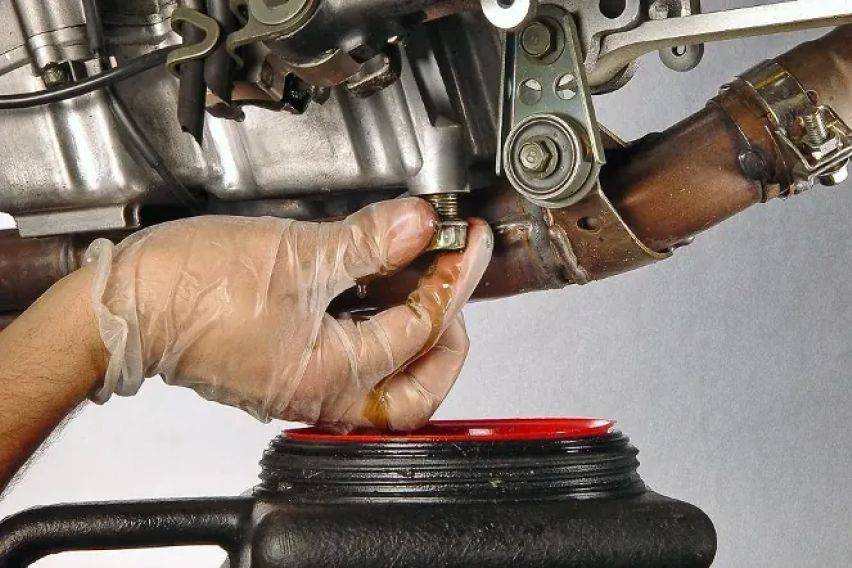
Be Mindful of Road Conditions
Be cautious when riding over potholes, debris, or uneven surfaces. Avoid sharp objects that could puncture the tires.
Cold Weather Considerations
In colder climates, check tire pressure more frequently, as cold temperatures can cause tire pressure to drop. Adjust as needed.
Warm-Up Period
Allow your tires to warm up before aggressive riding, especially in colder conditions. Cold tires have less grip, and sudden maneuvers on cold tires can be risky.
Professional Inspection
If you are uncertain about the condition of your tires or if you notice any unusual handling characteristics, have a professional mechanic inspect the tires and address any issues.
Brake System
Inspect brake pads and discs for wear. Replace brake pads if they are worn down. Check brake fluid levels and ensure there are no leaks in the brake system.
Chain and Sprockets
Keep the chain properly lubricated and adjusted. Clean the chain regularly and inspect for any tight spots, rust, or damaged links. Check the sprockets for wear.
Battery Maintenance
Keep the battery terminals clean and well-connected. Charge the battery if needed, especially during periods of inactivity.
Air Filter
Clean or replace the air filter regularly. A clean filter ensures optimal air intake, which is essential for engine performance.
Cooling System
Ensure that the radiator is clean and free from debris. Check coolant levels and top up or replace coolant as needed.
Lights and Electrical Components
Regularly check all lights, including headlights, brake lights, and turn signals. Inspect the wiring and connections for any damage.
Suspension
Check the suspension for leaks, proper operation, and adjustability. Inspect the fork seals for any signs of oil leaks.
Exhaust System
Inspect the exhaust system for leaks, and loose or damaged components. Check for any unusual noises during operation.
Keep it Clean
Regularly clean your motorcycle to prevent dirt and grime buildup, which can affect performance and lead to corrosion.
Store Properly
- Wash and thoroughly clean your motorcycle before storing it. Remove any dirt, grime, or insects. Applying a coat of wax can help protect the paint and finish.
- Consider changing the oil and oil filter before storage. Fresh oil helps prevent contaminants from causing damage during the storage period.
- Ensure that all fluid levels (coolant, brake fluid, etc.) are topped up to the recommended levels.
- Add a fuel stabilizer to the gas tank and run the engine for a few minutes to allow the stabilizer to circulate through the fuel system. A stabilizer helps prevent fuel degradation and carburetor issues during storage.
Remember to follow the specific maintenance schedule outlined in your motorcycle's manual and address any issues promptly to keep your bike in top condition. If you're unsure about any aspect of maintenance, consult with a professional mechanic.
Also Read: Most basic car care tips one should know and follow
Trending & Fresh Updates
- Latest
- Popular
Featured Motorcycles
- Latest
- Upcoming
- Popular

